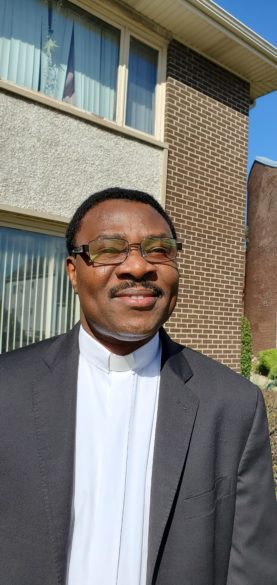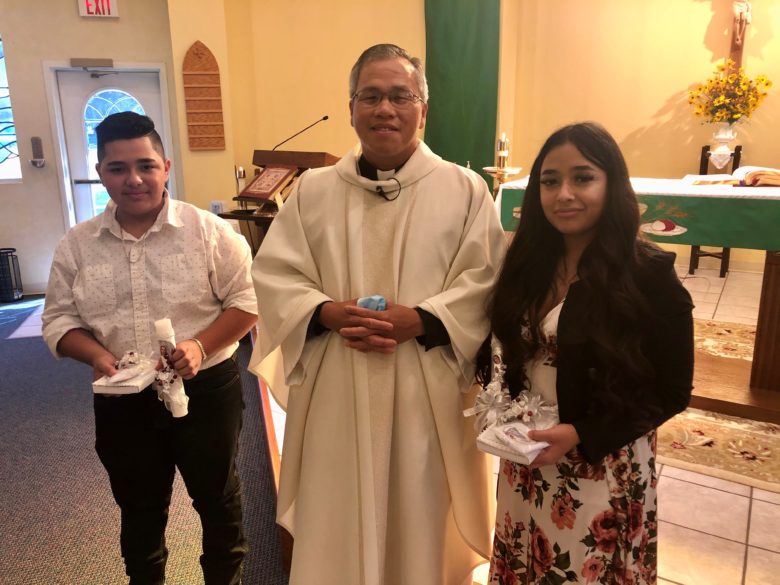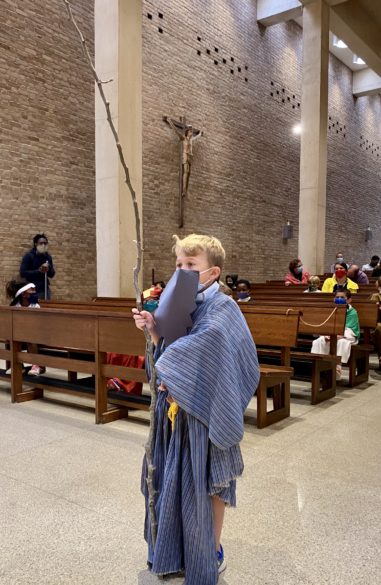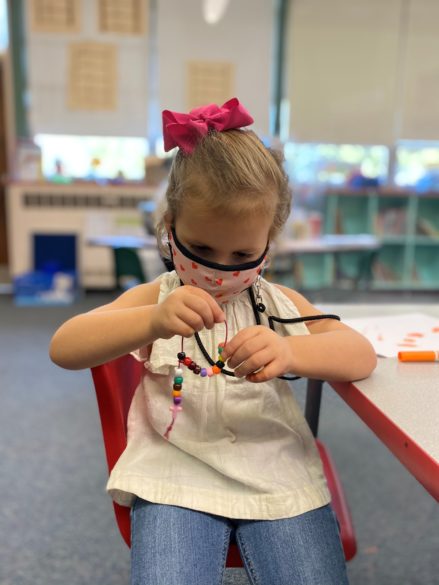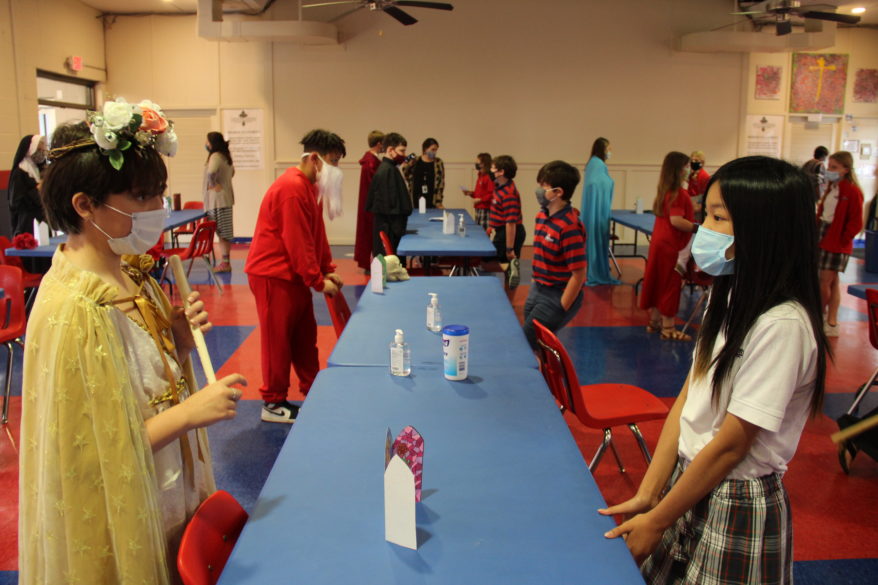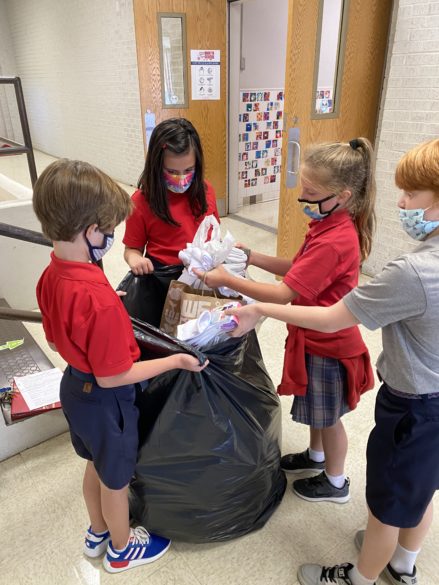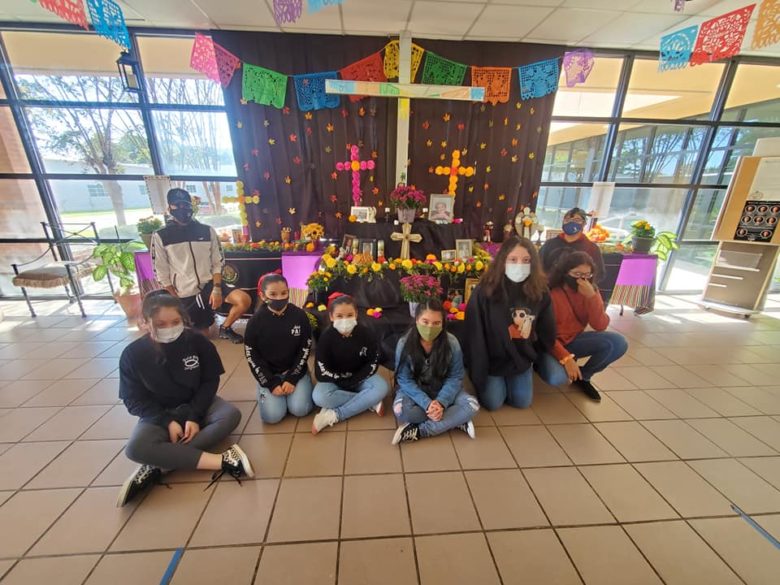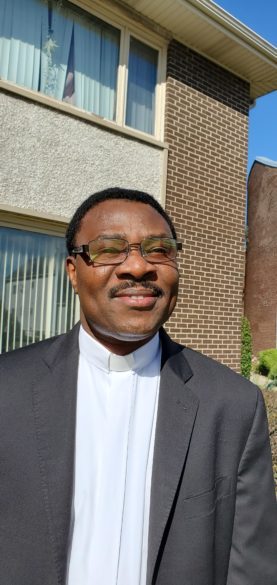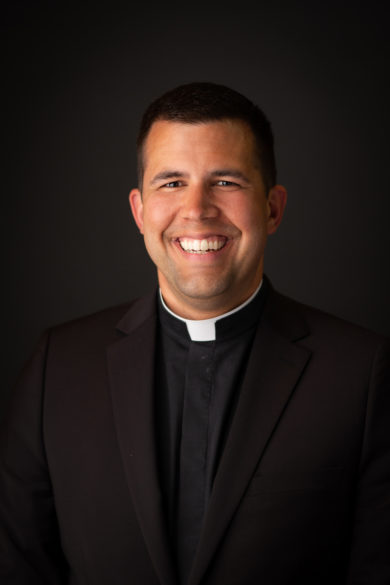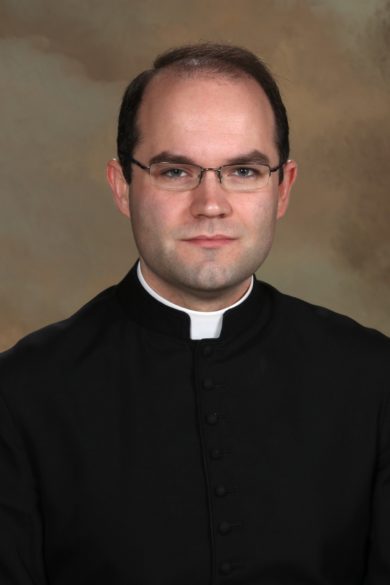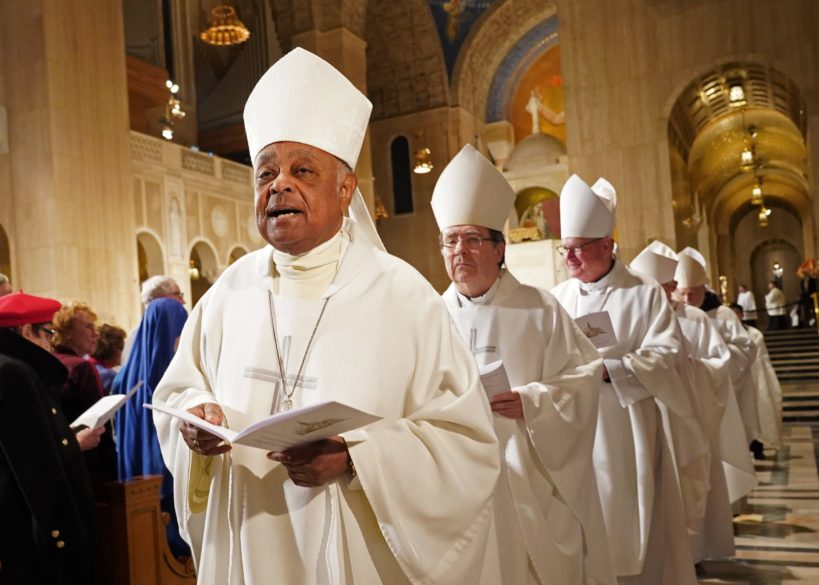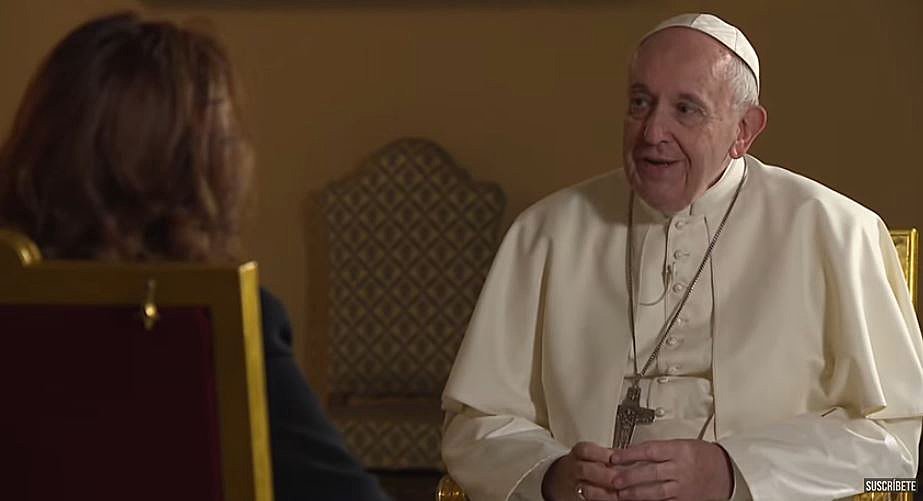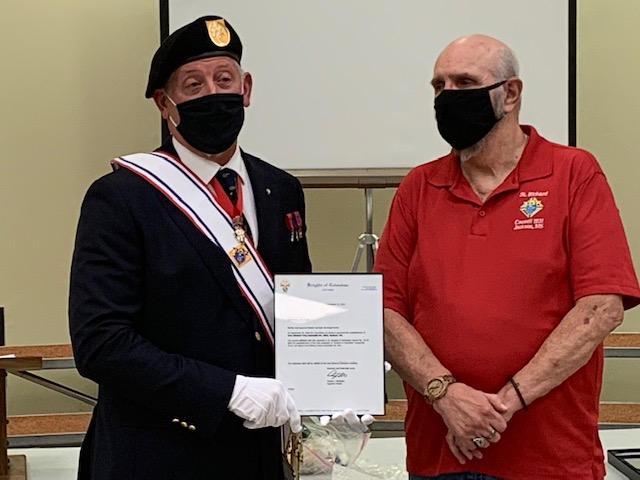Por Rhina Guidos
WASHINGTON (CNS) – Las bocinas sonaron cerca de la Casa Blanca justo antes del mediodía del 7 de noviembre cuando las principales organizaciones de noticias estadounidenses proyectaron que el demócrata Joe Biden será el 46 ° presidente de los Estados Unidos, convirtiéndolo en el segundo católico en la historia del país en ser elegido para el cargo más alto de la nación.
“¡Felicitaciones a nuestro segundo presidente católico y nuestra primera vicepresidenta de raíces africanas e indias!” tuiteó el obispo John E. Stowe de Lexington, Kentucky, poco después de que organizaciones como The Associated Press, The New York Times y Fox News anunciaran que Biden y su compañera de fórmula Kamala Harris habían ganado la carrera.
La proyección se produjo tras el anuncio de los funcionarios de Pensilvania de que Biden había ganado el caché estatal de 20 votos electorales, colocándolo por encima del umbral de 270 votos electorales necesario para asegurar una victoria. Harris se convierte en la primera vicepresidenta electa del país.
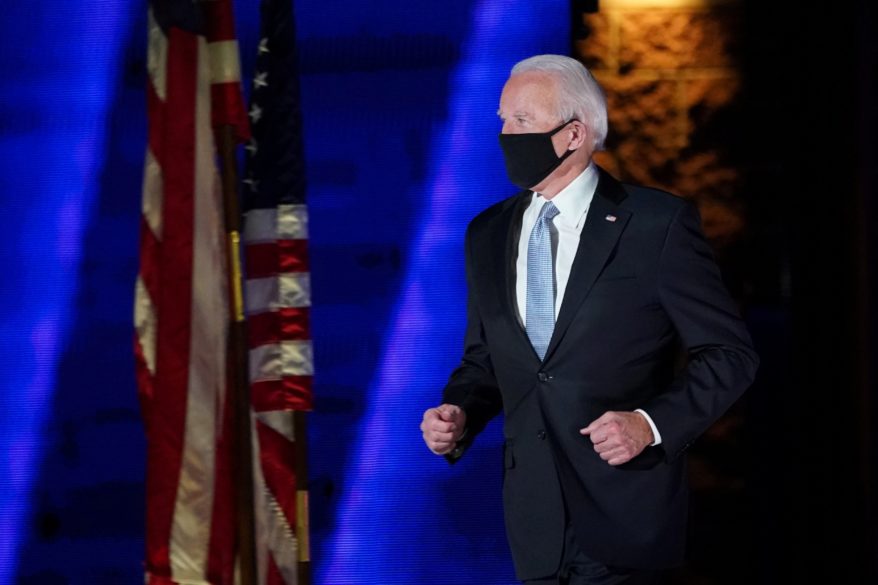
Aunque la campaña del presidente Donald Trump lanzó batallas legales por los votos en algunos estados electoralmente ricos e hizo acusaciones de fraude en el recuento de votos, incluso los partidarios del presidente, como Fox News, dijeron en un noticiero después de la contienda que no habían visto evidencia. de fraude generalizado.
Entre los católicos, la agencia de noticias AP VoteCast mostró que estaban divididos entre los dos candidatos, con el 50% de los católicos respaldando a Trump y el 49% de Biden, con la mayor parte del apoyo proveniente de los católicos latinos, el segundo grupo étnico más grande de la iglesia, quienes eligieron abrumadoramente votar por Biden.
Algunos católicos dijeron que no podían apoyar el boleto Biden-Harris porque ambos apoyan el aborto legalizado.
En reacción al anuncio de la victoria de Biden, Carol Tobias, presidenta del Comité Nacional por el Derecho a la Vida, dijo que el presidente electo y su vicepresidente “apoyan las políticas radicales de aborto”. Lamentó que se espere que su administración revoque “la legislación protectora como la Enmienda Hyde” y apoye la financiación del aborto por parte de los contribuyentes.
Pero muchas organizaciones católicas e incluso algunos obispos tuitearon o publicaron declaraciones de apoyo a Biden poco después de la noticia de su victoria.
La hermana Simone Campbell, una hermana del servicio social, que dirige el grupo de presión católico de justicia social Network, dijo que los católicos respondieron a la división del presidente y votaron por una variedad de temas.
“Los católicos no son votantes de un solo tema”, dijo en un comunicado. “Nuestra comunidad analizó la totalidad del historial divisivo y dañino de Donald Trump y eligió a líderes que gobernarán con empatía y preocupación por los más marginados. Los católicos rechazaron el racismo, el odio y la división y abrazaron la política defendida por el Papa Francisco: una política de amor e inclusión.”
El obispo Thomas J. Tobin de Providence, Rhode Island, también tuiteó los mejores deseos.
“¡Felicitaciones al presidente electo Joe Biden! Nos unimos a orar sinceramente por su salud y seguridad y la de su familia”, escribió el obispo Tobin. “Con la gracia de Dios Todopoderoso para ayudarlo y guiarlo, que se esfuerce siempre por gobernar nuestra nación con sabiduría, compasión e integridad moral.”
Las organizaciones religiosas que trabajan de cerca con la Iglesia Católica en temas de inmigración, como Hope Border Institute en El Paso, expresaron su apoyo a una nueva administración e instaron al presunto presidente electo a aprobar una reforma migratoria integral, para detener la construcción del muro en la frontera, poner fin a una política que mantiene a los solicitantes de asilo en los EE. UU. en México mientras esperan que sus casos se resuelvan en los tribunales de inmigración de EE. UU. y pongan fin a las separaciones familiares entre los migrantes.
En una carta que la organización publicó el 7 de noviembre, firmada por el padre jesuita Sean Carroll, director ejecutivo de la Iniciativa Fronteriza Kino, la hermana Norma Pimentel, directora ejecutiva de Caridades Católicas del Valle del Río Grande, y Dylan Corbett, director ejecutivo del instituto, pidió que se preste especial atención a los problemas de los inmigrantes a lo largo de la frontera.
“Lo que necesitamos ahora es liderazgo moral para unirnos y rechazar el odio en todas sus formas. Como compañero católico, lo instamos a abrazar a los oprimidos y vulnerables entre nosotros, quienes creemos que son nada menos que el Cristo que llama a nuestra puerta.”, decía la carta. Biden se dirigió a la nación la noche del 7 de noviembre.
Trump aún no ha concedido la carrera. En cambio, su campaña emitió en un comunicado, “El simple hecho es que esta elección está lejos de terminar. Joe Biden no ha sido certificado como el ganador de ningún estado”, dijo su campaña en un comunicado emitido el 7 de noviembre. “A partir del lunes, nuestra campaña comenzará a procesar nuestro caso en los tribunales. para garantizar que las leyes electorales se respeten plenamente y que el ganador legítimo sea elegido.”
Trump se había proclamado vencedor unas horas después del día de las elecciones y les había dicho a los votantes a las 2 de la mañana del 4 de noviembre: “Francamente, ganamos esta elección”, diciendo “queremos que cesen todas las votaciones”, lo que provocó protestas incluso de sus compañeros republicanos que dijeron que no era su lugar hacer esa llamada y que todos los votos debían contarse.
Cuando anunció la victoria prematuramente, el presidente también mencionó que “iremos a la Corte Suprema de los Estados Unidos” por la elección. Pero incluso simpatizantes del presidente y miembros de su partido protestaron por los comentarios. Los votos por correo con matasellos del día de las elecciones se aceptan en varios estados y muchos suelen contarse en las horas o días posteriores a las elecciones, lo que deja poco claro a qué se refería el presidente o qué impugnación legal podría plantear.
Al mediodía del 4 de noviembre, el gerente de campaña de Trump para 2020, Bill Stepien, dijo que la campaña había presentado oficialmente una demanda en el Tribunal de Reclamaciones de Michigan para detener el conteo de boletas hasta que se le otorgue “acceso significativo” a los numerosos lugares de conteo “para observar la apertura de las papeletas y el proceso de escrutinio, garantizado por la ley de Michigan.
La “carrera presidencial en el estado sigue siendo extremadamente apretada como siempre supimos que sería”, dijo.
Más tarde ese mismo día, la campaña presentó demandas en Pensilvania y Georgia y también anunció que pediría un recuento en Wisconsin. Los abogados republicanos ya habían cuestionado legalmente cómo Pennsylvania y Nevada manejaban los votos ausentes.
(Carol Zimmermann contribuyó a esta historia.)

